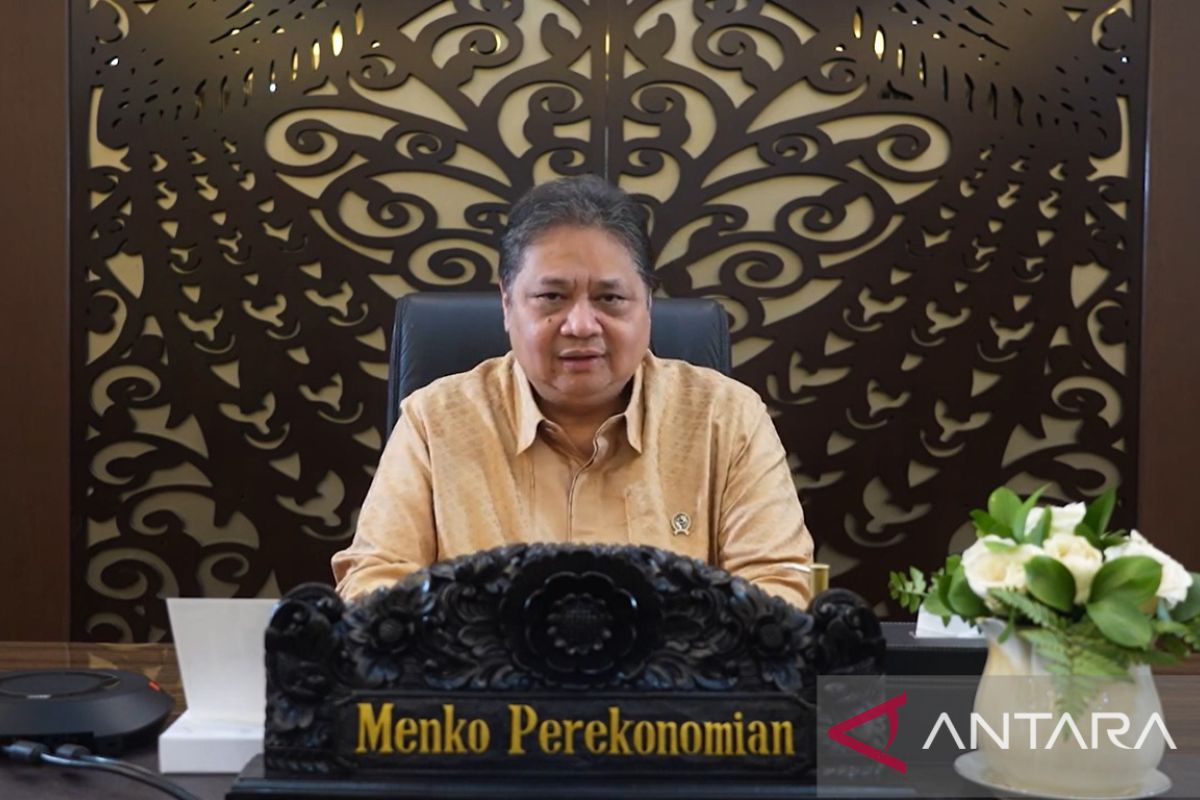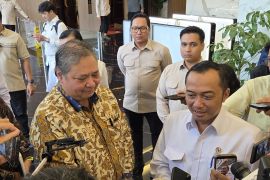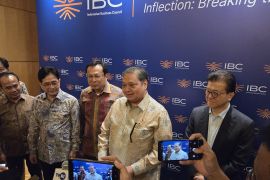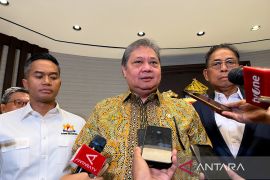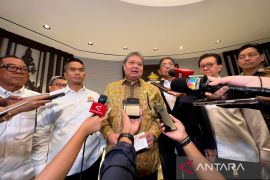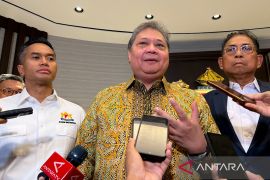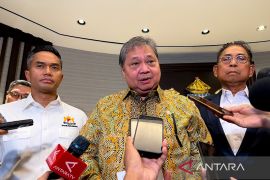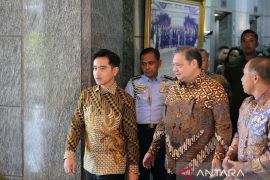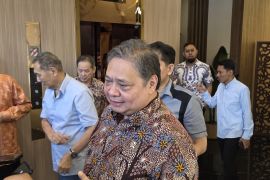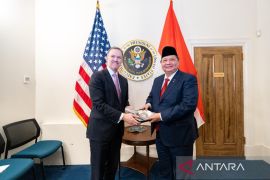Efforts to reduce the carbon emissions in the energy sector are made through the application of energy efficiency, increased use of renewable energy, application of clean energy technology for power generation, use of low-carbon fuels, and post-mining reclamation, he informed at the 4th Indonesia Energy Efficiency and Conservation Conference and Exhibition on Thursday.
He said that the government has demonstrated this commitment by issuing Indonesia's "Long-Term Strategy for Low Carbon and Climate Resilience 2050" as a form of commitment to the Paris Agreement.
According to him, Indonesia's commitment to achieving net zero emissions by 2060 is a part of the transformation that it needs to carry out to become a developed country by 2045.
The efforts include economic diversification from the concentration of natural resources; economic development driven by knowledge, technology, and innovation; and the utilization of competitive advantages across clean energy value chains, he added.
Furthermore, Hartarto said that on June 16, 2023, the government issued Government Regulation Number 33 of 2023 concerning energy conservation, which regulates the use of energy in an efficient, rational, and prudent manner to meet present and future energy needs, as well as several programs and mechanisms to encourage the implementation of energy conservation in various sectors.
"With this regulation, we hope the community and business actors can play an active role in maintaining the availability of sustainable national energy," he remarked.
He also expressed the hope that the implementation of energy conservation through measures such as energy management; standardization of energy performance and energy saving labels; financing, development of service businesses, and increased awareness and capacity of human resources; as well as cooperation and research on energy conservation innovations will run optimally.
In addition, the target of achieving net zero emissions by 2060 will involve a long journey that will need fast and sustainable action. Therefore, energy efficiency is a key aspect of the transition to clean energy, he highlighted.
He said the implementation of energy efficiency could make the industrial, building, and transportation sectors more efficient and pay attention to the concept of sustainable development.
Besides reducing carbon emissions, energy efficiency could also advance social and economic development, improve energy security and quality of life, and create more job opportunities, the minister added.
Related news: DPR supports blended finance to expedite energy transition
Related news: Pertamina explores new energy sources through green businesses
Translator: Bayu Saputra, Resinta S
Editor: Rahmad Nasution
Copyright © ANTARA 2023
